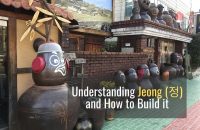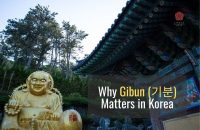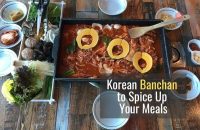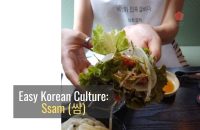This post explains the Japanese and Korean concept of shoukakkou/sohwakhaeng.
It includes:
- what they mean
- how they differ
- examples
Sohwakhaeng is something that you can use every day to make life a little sweeter.
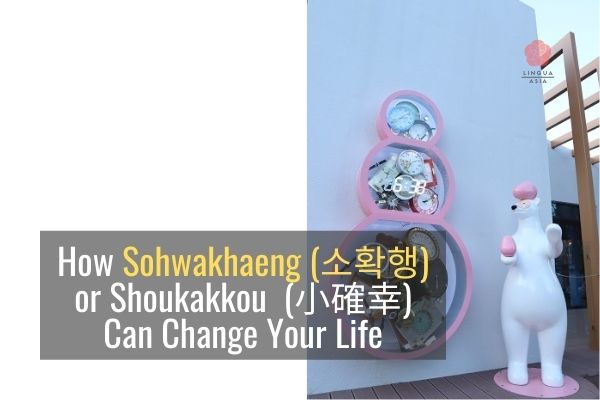
Key Takeaways
- Sohwakhaeng means small but certain happiness.
- The original concept was introduced in an essay by Haruki Murakami in the 80s.
With rising house prices and stagnating wages, the dream of home ownership is slipping further out of reach for most.
This article explores ways to find happiness that anyone can enjoy.
What does sohwakhaeng mean in English?
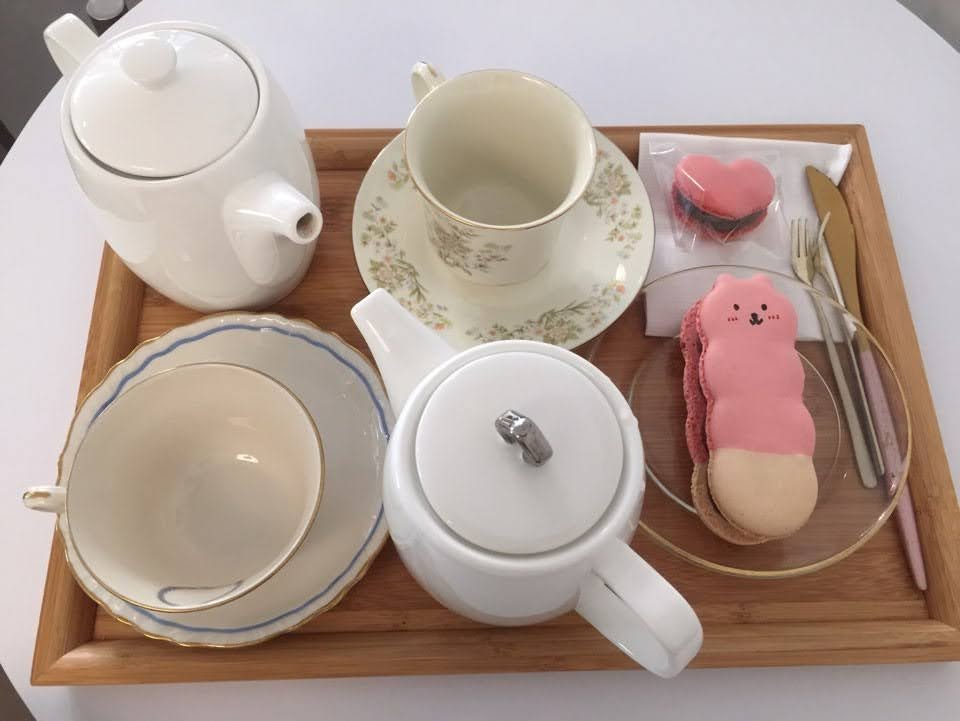
Shoukakkou (小確幸) or Sohwakhaeng (소확행) means “small but certain happiness (소소하지만 확실한 행복)”. Each kanji and hangul character represent one part of that phrase.
小 소 = small
確 확 = unwavering/resolute (Japanese), certain (Korean)
幸 행 = happiness
How are shoukakkou/sohwakhaeng different?
The concepts are similar with some key differences.
| Shoukakkou | Sohwakhaeng | |
| Founded | 1986 | 2018 |
| Introduced | In an essay | In a music video |
| Popularized by | Word of mouth | Social media |
| Adoption | Gradual | Overnight |
| Focus | Internal | External |
| In response to | Economic uncertainty | Economic inequality |
| Cost | Time | Money |
The original concept of shoukakkou was introduced in an essay by Haruki Murakami in the 80s. It was about internalizing your happiness by appreciating small details everyday. Most of the examples Murakami describes are free, and only cost a little effort and attention, such as enjoying a loaf of bread you baked yourself. Many of them are oddly satisfying like appreciating neatly folded underwear in a drawer. This is evidenced by the slight difference in meaning between the second character in Japanese and Korean 確 vs 확.
Sohwakhaeng in Korea was introduced by the idol group BTS in a music video in 2018. Its aim is to stop obsessing about your future or appearances, and focusing on small but guaranteed wins every day. The concept was featured heavily in the movies, “Little Forest” and “A Little Princess”.
The cost of sohwakhaeng can be free to high. It’s become somewhat related to spending habits given the rise in consumerism in the 30 years since shoukakkou was first introduced. A notable example is spending money on delicious meals instead of luxury items. The idea was somewhat hijacked by companies to sell products. Now, Sohwakhaeng is sometimes used interchangeably with YOLO by Koreans, or as an excuse to splurge. Taiwan is another place where the concept has become popular as well.
I enjoy both concepts, but the original meaning suits me more, since it’s unrelated to consumerism and emphasizes mindfulness. Shoukakkou is also compatible with the Epicurean idea that essential and natural pleasures, such as a drink of water after exercising, are the best. Liberating one’s happiness from material possessions and external validation is the shortcut to living well.
What are some examples of shoukakkou/sohwakhaeng?
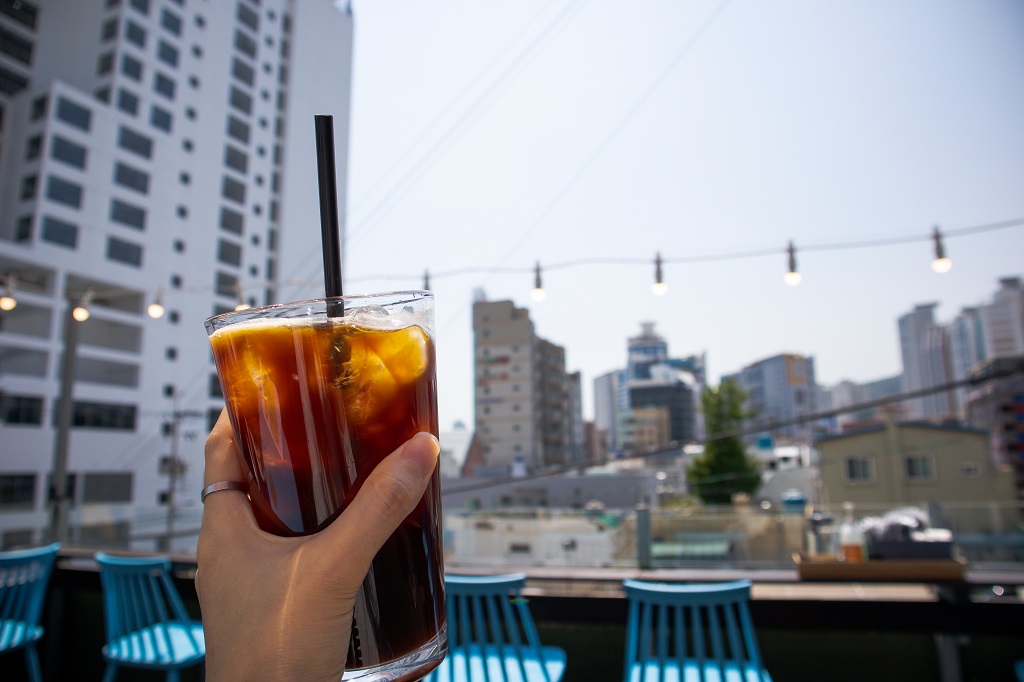
Shoukakkou:
- enjoying the sound of rain on your rooftop
- putting on a clean shirt that smells of fresh cotton
- having that first sip of coffee in the morning
- a warm blanket on a cold day
- making your favorite tea
Sohwakhaeng:
- having a delicious cup of third wave coffee
- enjoying a small piece of your favorite chocolate
- traveling to a peaceful place instead of a popular tourist destination
- hotel staycation (호캉스 or hotel vacance/vacation)
- giving someone a small gift for no reason
- shopping without feeling guilty (some say sohwakhaeng (소확행) as in consumption/shopping is certain/guaranteed happiness)

Brief history of shoukakkou and sohwakhaeng
The concept was first created by Haruki Murakami in 1986 in his essay titled, “Afternoon in the Islets of Langerhans”. This may sound like a magical place that exists only in one’s fantasies, but Islets of Langerhans are actually a tiny cluster of cells in the pancreas that help regulate hormones.
The essay was about finding small daily joy in the face of economic uncertainty. He describes eating a freshly-baked loaf of bread made with your own hands, wearing a clean new shirt and enjoying the sound a cat makes when it climbs into bed.
It gained popularity in Korea in 2018 and has become the rallying cry of the MZ generation. Much like millennials in western countries, many people under 30 in Korea find home ownership out of reach and are becoming disillusioned by the idea of marriage and childrearing. They instead prefer to forgo saving money and spend it on travel and experiences.
Cons of shokakkou
It might limit your ambitions if you gain enough pleasure from simple daily tasks.
Cons of sohwakhaeng
It’s focused too much on consumerism instead of internal joy.
Korean has some great idioms and concepts that make it worth learning. They are:
- noonchi – intuition or sense
- jeong – unspoken bond
- gibun – mood or feeling
- subeesu – free stuff
- banchan – side dishes
- ssam – leafy vegetable wrap
Knowing these will be bring you one step closer to understanding Korean culture!
Subscribe for
exclusive info on Korea
Did we miss anything?
The more I travel, the more I realize that these concepts are natural, but forgotten in modern society. I’ve observed taxi drivers in Chiang Mai, Thailand and fishermen in Bodrum, Turkey who enjoy their moments far more than I can.
Let us know your favorite examples of shoukakkou/sohwakhaeng in the comments!
